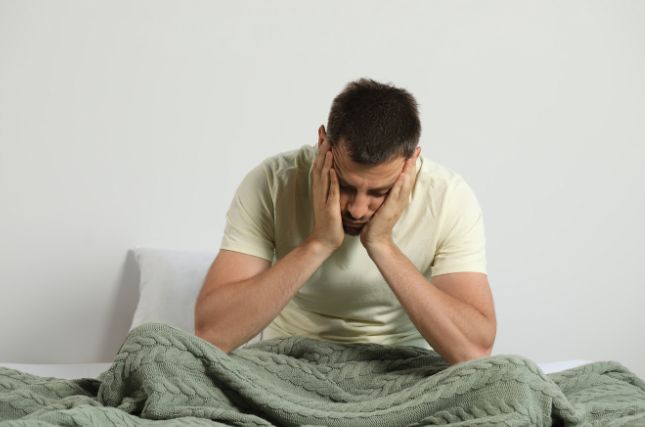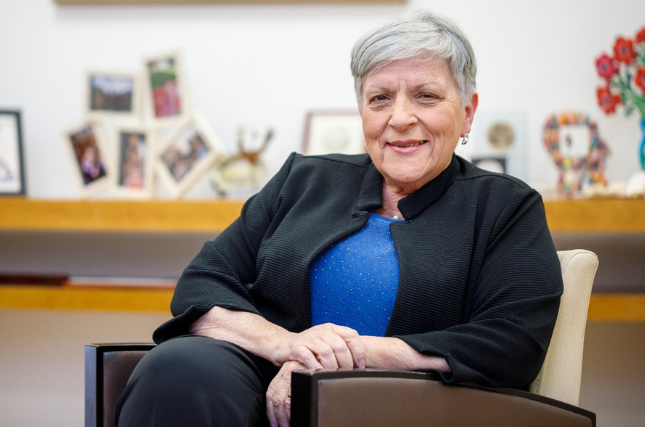
June 11, 2025 – War has a profound and lasting impact on civilian sleep- even among individuals not directly exposed to combat- according to a new study led by researchers at the Hebrew University of Jerusalem.
According to the study published in the International Journal of Clinical and Health Psychology, researchers observed sharp increases in insomnia, short sleep duration, and reliance on sleep medication among the Israeli population during the 2023–2024 period of the Israel–Hamas war. These sleep disruptions persisted even six months into the conflict, despite a reported decline in psychological distress—suggesting that the impact on sleep may extend beyond immediate responses to acute stress and reflect longer-term consequences of living under sustained threat.
Drawing on a national survey by the Israeli Central Bureau of Statistics and additional representative samples, the researchers found:
- Marked increase in insomnia symptoms during the war
- 19–22% rise in the prevalence of short sleep (less than six hours nightly)
- 16–19% increase in clinically significant insomnia
- 4–5% increase in the use of sleep medication
- Women and individuals with greater exposure to trauma were more severely affected
The study was led by Professor Shoham Choshen-Hillel and Dr. Uri Zak of the Hebrew University Business School and the Federmann Center for the Study of Rationality; Professor Hagit Hochner of the Hadassah–Hebrew University School of Public Health and Community Medicine; Professor Alex Gileles-Hillel of Hadassah Medical Center and Hebrew University.
“This research underscores that war reaches far beyond the battlefield,” researchers said. “Even those not in direct danger face deep and lasting impacts—sleepless nights being among them. Understanding how war affects sleep can help policymakers and health professionals support civilian populations through and beyond conflict. Sleep is not a luxury—it is essential for coping, healing, and resilience.”
Hebrew University and Hadassah Medical Center remain at the forefront of research on the psychological and physiological impacts of war and trauma, providing data-driven insights to inform national and global responses to civilian mental health in times of crisis. These findings highlight the critical role of sleep in maintaining civilian health during conflict and emphasize the need to address it in both emergency and long-term public health strategies.
The research paper titled “Tired of war: Changes in the sleep of the Israeli civilian population in the wake of the Israel-Hamas war” is now available in the International Journal of Clinical and Health Psychology and can be accessed here.
Researchers:
Uri Zak1,2, Shoham Choshen-Hillel1,2, Hagit Hochner3, Alex Gileles-Hillel4,5
Institutions:
1- Hebrew University Business School, Hebrew University of Jerusalem, Jerusalem
2- The Federmann Center for the Study of Rationality, Hebrew University of Jerusalem
3- Hadassah-Hebrew University Braun School of Public Health and Community Medicine, Faculty of Medicine, Hebrew University of Jerusalem
4- Pediatric Pulmonology and Sleep Unit, Department of Pediatrics, and The Wohl Center for Translational Medicine, Hadassah Medical Center, Jerusalem, Israel.
5- Faculty of Medicine, Hebrew University of Jerusalem



